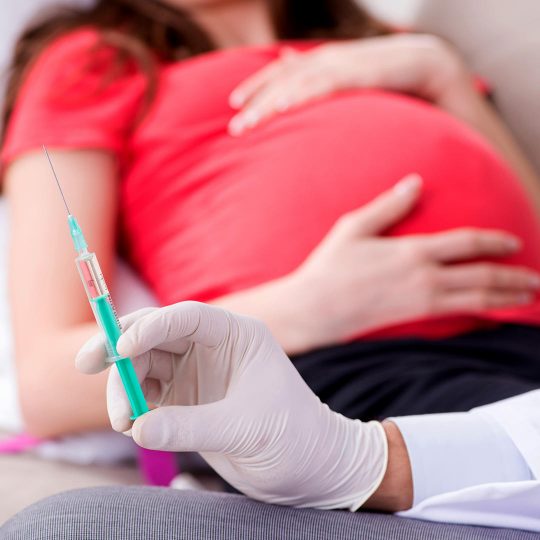I don’t get the relation between pregnancy and vaccination, are vaccines not meant to be for children and youngsters?
Everybody may need vaccination to protect one against different types of infections, irrespective of the person’s age. Most vaccines are effective for a limited period of time, so it is mandatory to receive a booster dose of some vaccines when at risk of acquiring such infections or if they may be particularly harmful. Furthermore, many people are not really uptodate with their vaccination schedules.
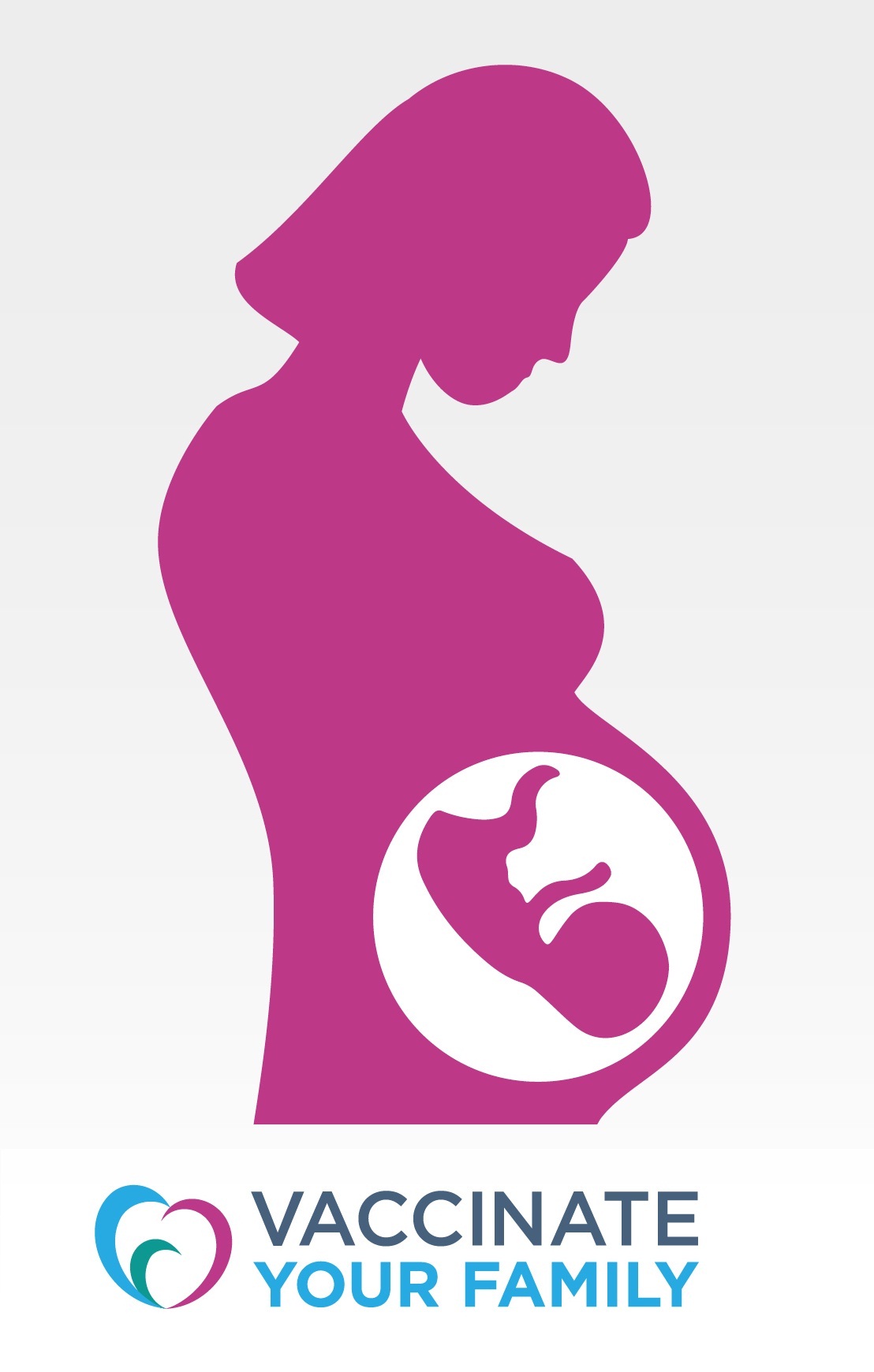
Does pregnancy increase my risk of acquiring infections?
Unfortunately, yes. This is because your immunity is generally lower during pregnancy. In addition, pregnant ladies are more prone to surgery, blood transfusion and injections. Furthermore, ladies in the childbearing age are more likely to encounter children and thus are more likely to serious infections such as german measles and mumps.
Starting your pregnancy without prior consulting your obstetrician is a very common mistake since you would thus lose the chance of receiving any needed vaccinations before you fall pregnant. This is because some vaccinations are contraindicated during pregnancy (such as those against chickenpox and german measles) while some others are best taken before pregnancy because their related microbial infections may be dangerous during pregnancy(such as Influenza and Hepatitis B).
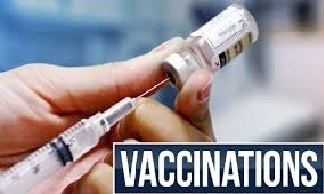
The risk is also considerably high due to the fact that most of these infections are caused by viruses. Which means the resulting diseases are usually difficult to abort following the onset of clinical symptoms. To further complicate things, many antiviral medicines are not safe during pregnancy. This may occasionally be the case with some bacterial infections which may need some particular antibiotics which may not be safe to take during pregnancy.
Why is important to see the doctor before conception, can I not just take the vaccine during pregnancy?
First, some vaccines are not safe to use during pregnancy since they may at least on theoretical grounds harm the baby and thus should be used at least one month before pregnancy.
Second, the highest risks associated with most of these infections are seen during the first few weeks of pregnancy: at a gestational age where most women are not yet being seen by their doctors. Furthermore, most vaccines need some time to have a full immunizing effect. So it is really advisable to finish with your vaccination plans before conception.
Are there different types of vaccinations?
Yes, indeed. First of all, there are the temporary vaccinations (also known as passive or short acting types). These are fast-acting but are only effective for few weeks. They are usually used when a pregnant lady comes in contact with a serious or risky infection that she is not immune against. Most of these types are safe to use during pregnancy but are only effective for a short period of time and are more expensive and less effective than the active types of immunization (see later).

The second type of immunization is the long acting (active) vaccines. These types are effective for longer periods of time (six months to several years), but they are slower to start protecting you against infections and thus should be taken before coming in contact with the microbe. They may be classified into live-attenuated microbes or dead microbe or a genetically-engineered part of such microbe.
Vaccines containing a dead microbe or a genetically engineered one are usually the ones which are safe for using during pregnancy, such as the influenza injectable vaccines, the hepatitis, meningitis and he recent COVID-19 vaccinations.
While the live attenuated vaccines are, at least theoretically, not safe to use during pregnancy or just before conception, like the Rubella, varicella or Tuberculosis vaccines.
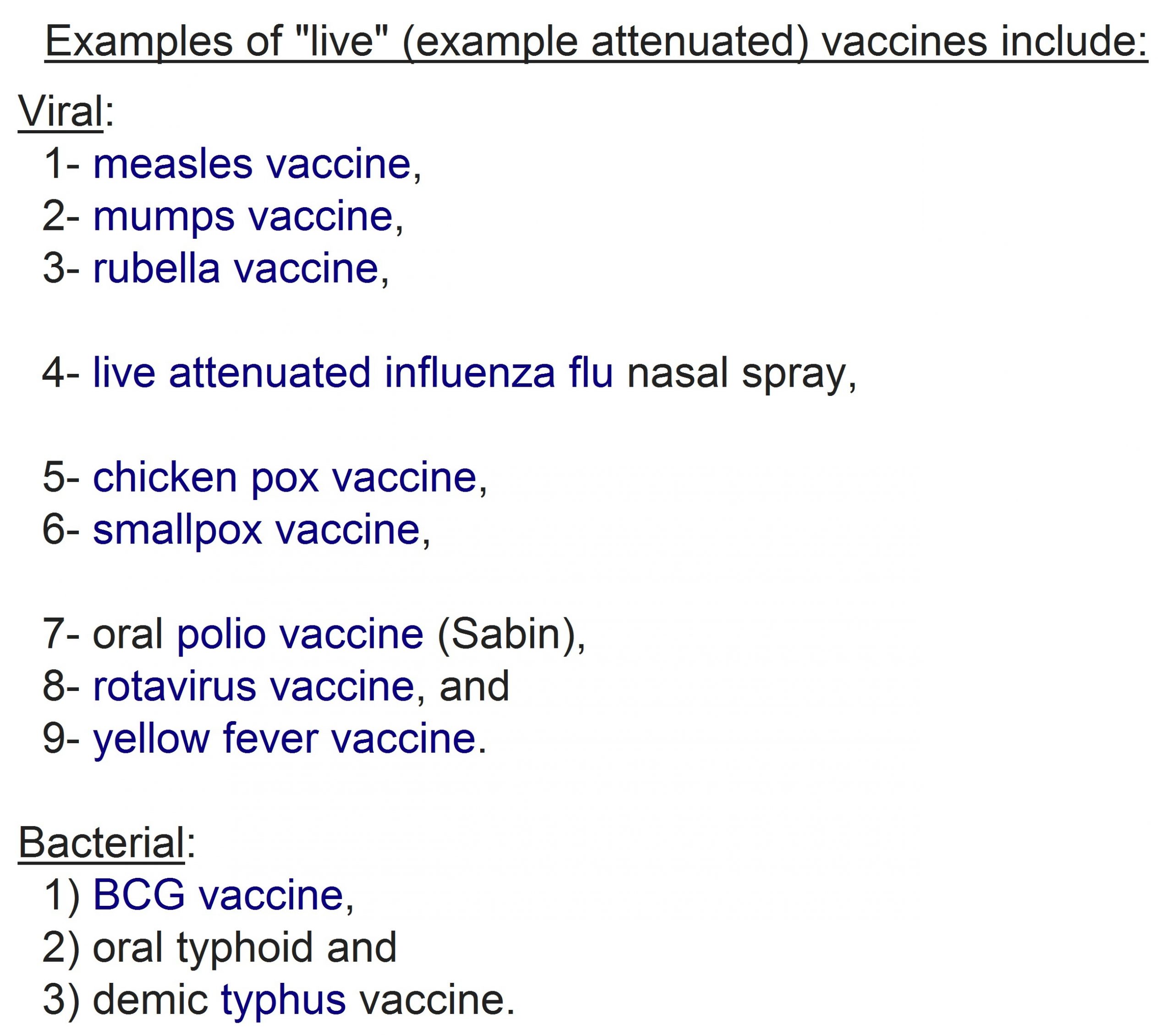
What would you advise me if I am planning for pregnancy soon and I am keen to protect myself as well as my baby?
My first advice is that you need to get a blood test to check if you are immune to Rubella, Varicella and Viral Hepatitis. If you prove not to be immune, then you need to get vaccinated one or two months before conception.
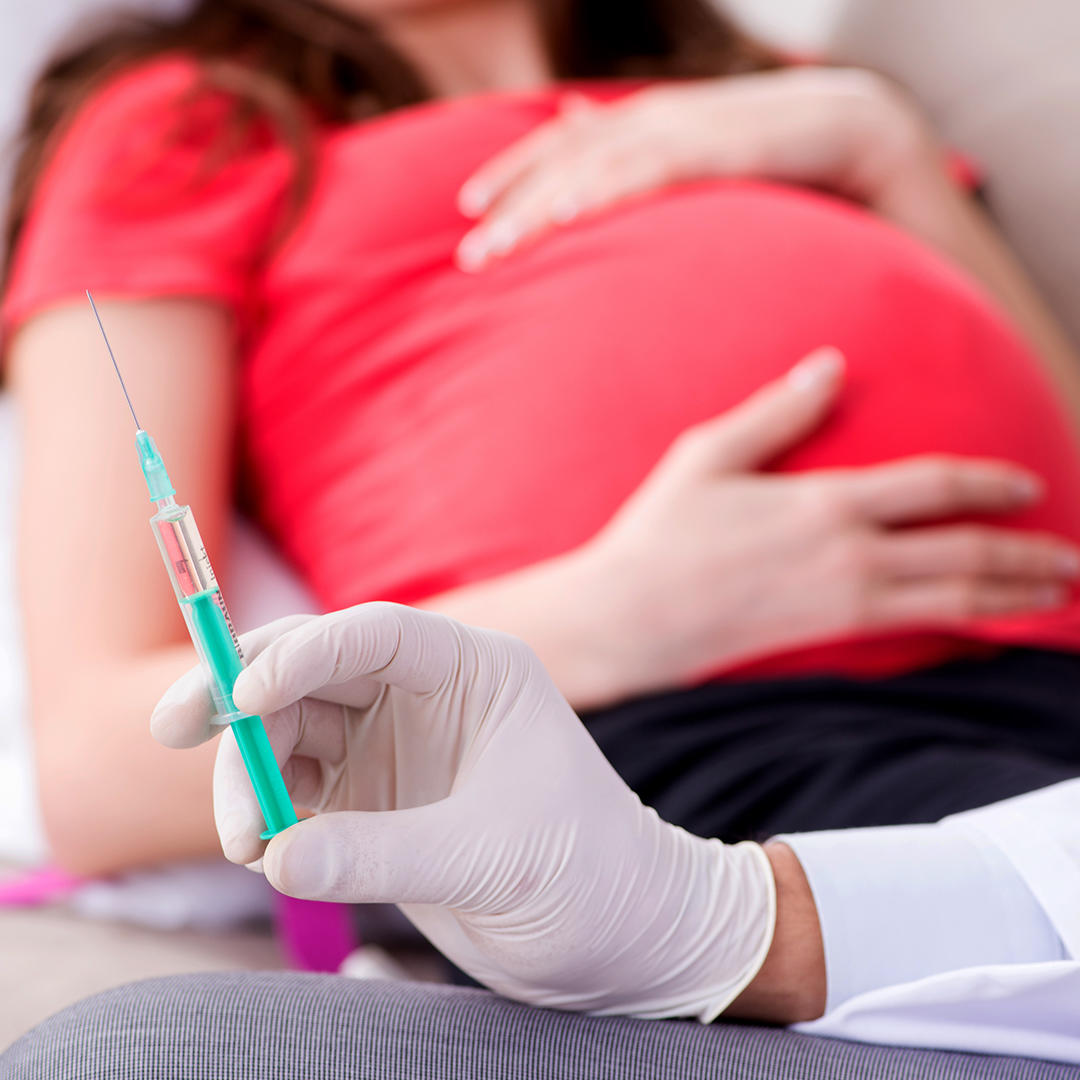
You should also discuss with your doctor any special circumstances related to your home or work which may increase your risks of some infections in particular such as risks of acquiring meningitis and COVID-19 among medical and teaching staff.
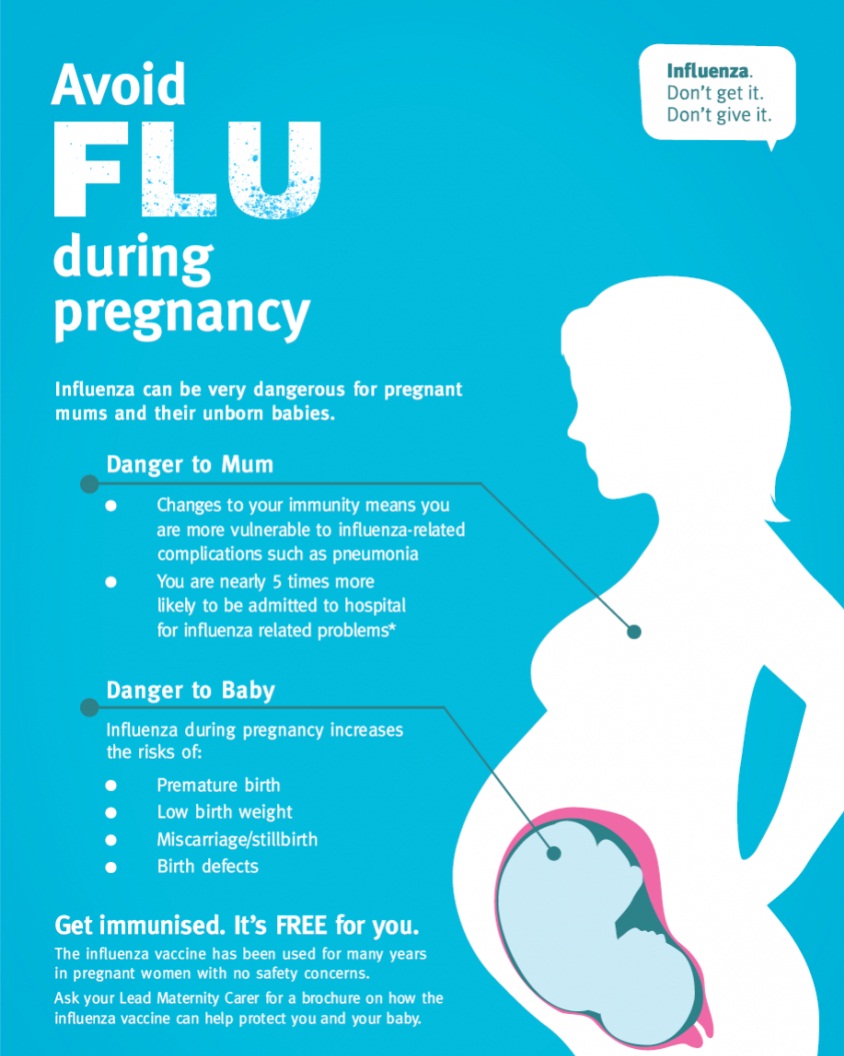
During pregnancy, women need vaccination against Influenza (through injections since the oral form is not safe for pregnancy). This is best taken in October/November or at the beginning of pregnancy (whichever comes first). Pregnant ladies also need a booster dose of Tetanus/Pertussis vaccination, which may be taken at about 28 weeks of pregnancy.
Although the Hepatitis B vaccination is not officially mandatory for pregnant women, I personally advise women to take it and to take a booster shot every 5 years. I also advise being uptodate with COVID-19 vaccination since its efficacy in protecting against serious complications.
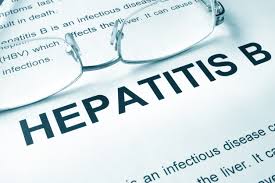
Lastly, some cases may need special types of vaccines based on their risks of infection such as meningitis, bacterial pneumonia, malaria, typhoid, etc…
Best Wishes for Health
and Happiness


